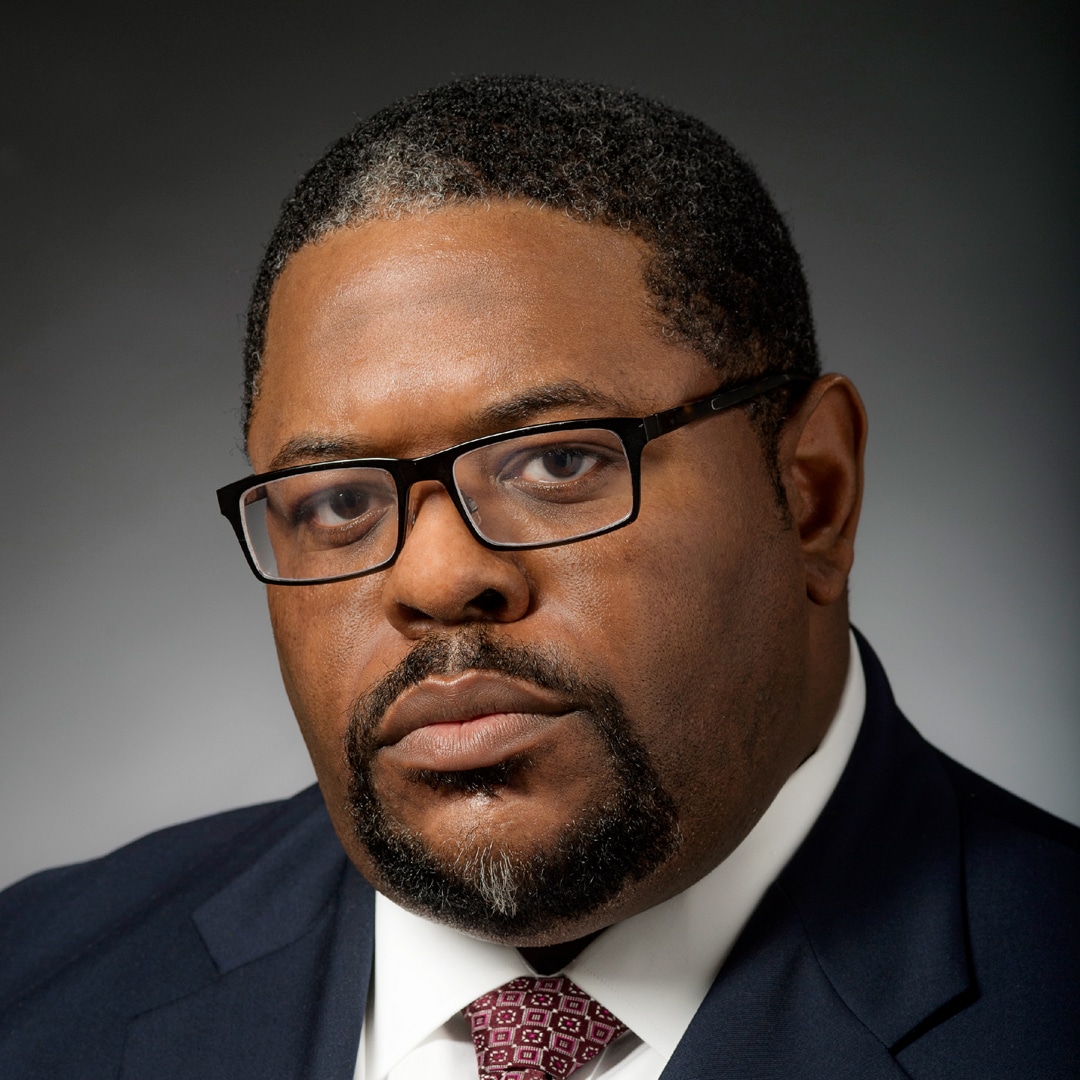Morris Collie would agree that there are few places to work like the National Aeronautics and Space Administration. But while he appreciated his time at NASA as one of its lawyers, he says he found himself looking for more after navigating the staid federal bureaucracy for more than seven years. That’s because even though NASA has a complex and fascinating set of challenges, legal work for the federal government can often involve a set of routines and protocols that rarely change when it comes to the kinds of contracts that need to be executed—whether with vendors or with foreign countries regarding the International Space Station.
Collie is now an associate general counsel at Musket Corporation, part of Love’s Travel Stops & Country Stores, Inc., and he has found himself at an exciting and challenging intersection, balancing the procurement of traditional fuels with the implementation and growth of the renewable-fuels market. Since its inception in 1964, Love’s has grown into a nationwide network of travel stops, ensuring that America’s over-the-road freight transporters have quality, clean venues and access to a variety of amenities, including several food concepts and snack choices, while refueling. By the time Collie came on board, after leaving NASA in 2007, the company had a mature and process-driven travel stop business, but its in-house legal department was relatively young and early in the process of standardizing its legal templates and practices.

Photo: Patton Collie
Collie was hired to provide legal services primarily to Musket, and he quickly learned to become a jack-of-all-trades attorney, sometimes relying on outside attorneys and other experts to navigate the complex field of renewable-fuels mandates.
To his delight, he found the fuel business dynamic and engaging, and the ride since has been fascinating. Collie and the Love’s legal team—along with commercial and compliance colleagues—have been instrumental in taking it all on. Several events that changed the company began shortly after Collie arrived, which created exciting new challenges for him and the company. First and foremost, in 2010, Love’s retail footprint increased substantially through acquisitions and the introduction of new business lines. Most recently, in 2016, the company acquired a compressed natural gas business, Trillium CNG, and later, it purchased Speedco to expand its total truck-services footprint. The company also invested considerable time and resources to address the Renewable Fuel Standard’s (RFS) mandates and integrate those mandates into the company’s retail business.
The RFS in particular presented significant challenges for Collie and the company’s commercial teams, pushing them to navigate policy, federal mandates, and state programs involving renewable fuels and Love’s retail business. Adding another layer of complexity was the creation of a business strategy around biodiesel in response to the RFS mandate. Biodiesel is a renewable fuel but a more expensive fuel source that takes animal fat or vegetable oil and, generally, blends it with petroleum diesel fuel. Therefore, Collie had to get up to speed on the RFS mandates and state renewable programs while assisting his commercial teams with navigating the new legal, financial, and logistical challenges.
In addition to these challenges, the renewables industry was soon rocked by scandal. Fraudulent renewable identification numbers (RINs) were created by unscrupulous parties attempting to capitalize on obtaining federal RIN and tax credits—except they weren’t producing the fuel as required under the program. The fraudulent RIN transactions upset the complicated market and led Collie and others in the industry to quickly move to ensure that contractual language was more robust and that internal due-diligence systems covered matters such as fraudulent RINs. “That was one of the big changes that really challenged market participants to figure out, ‘What does a thorough RIN contract look like?’”
“We can see the projects from start to finish and have a small part in the success of them … It’s nice to be part of a bigger operation.”
Collie says he worked closely with his Musket commercial group, management, and federal and state agencies to vet counterparties to ensure they would fulfill their obligations, whether they be supplying or buying fuel and/or RINS as agreed. “The very first thing we had to ask is: Who are we going to do business with?” Collie remembers asking. “What is their reputation within the business community? Are they litigious? Are they looking out for themselves?”
Thanks to the work of Collie, Musket’s commercial team, and consultants who understand the complexity of the market, things have settled down, and biodiesel and other low-carbon fuels have become a very important business for the company. These businesses have helped the company maintain its aggressive growth, and Collie continues to help navigate both the legal and business considerations of new renewables contracts and strategies.
“I think, for all of us in in-house jobs, we enjoy being around the businesses we support,” Collie says. “We can see the projects from start to finish and have a small part in the success of them. For me that’s a big part of it. It’s nice to be part of a bigger operation. It’s up to us lawyers to insert ourselves into these commercial deals, not because we want to say ‘no’ but because we can think a little bit on our feet. It’s important to ask intelligent questions, know when to shut up but also when to head off a problem from the get-go. That’s the fun stuff, and it’s rewarding.”
Such efforts and care on Collie’s part have helped make Musket Corporation a business regarded for its ingenuity within the Love’s Family of Companies, which today employs twenty-two thousand people and counting. “We’ve changed our product line and made it a lot more diverse, sharing the entrepreneurial culture of the Love’s Family of Companies,” Collie says. “It’s really a cool, dynamic environment.”
With consumers (especially those in younger generations) placing value on the continued use of renewable fuels, Collie believes the future of the industry is bright. And while the RFS may allow some uncertainty around its mandates, state programs such as California’s Low Carbon Fuel Standard offer some new, interesting opportunities. Collie, along with industry consultants and Musket’s commercial team, is tracking and attempting to interpret the political winds and find ways for the company to incorporate these programs into its strategy.
It’s a dynamic process that keeps him on his toes—and likely will for some time. “We want to make sure we’re aligning ourselves from a business standpoint,” he says. “How do we adapt our strategies to the changing environment? We talk about it every day.”
***
Greenberg Traurig, LLP:
“I’ve enjoyed years of partnering with Morris to serve his clients, and what I’ve consistently admired is his unique combination of reliable, practical judgment with a deep understanding of his client’s goals and values.”
-Peter Wahby, Shareholder
McAfee & Taft:
“Morris is a talented business-savvy lawyer and strategic thinker with a keen eye for solutions that are altogether practical, effective and efficient. We greatly value our relationship with Morris and the Love’s Family of Companies.”
–Joshua D. Smith, Shareholder

